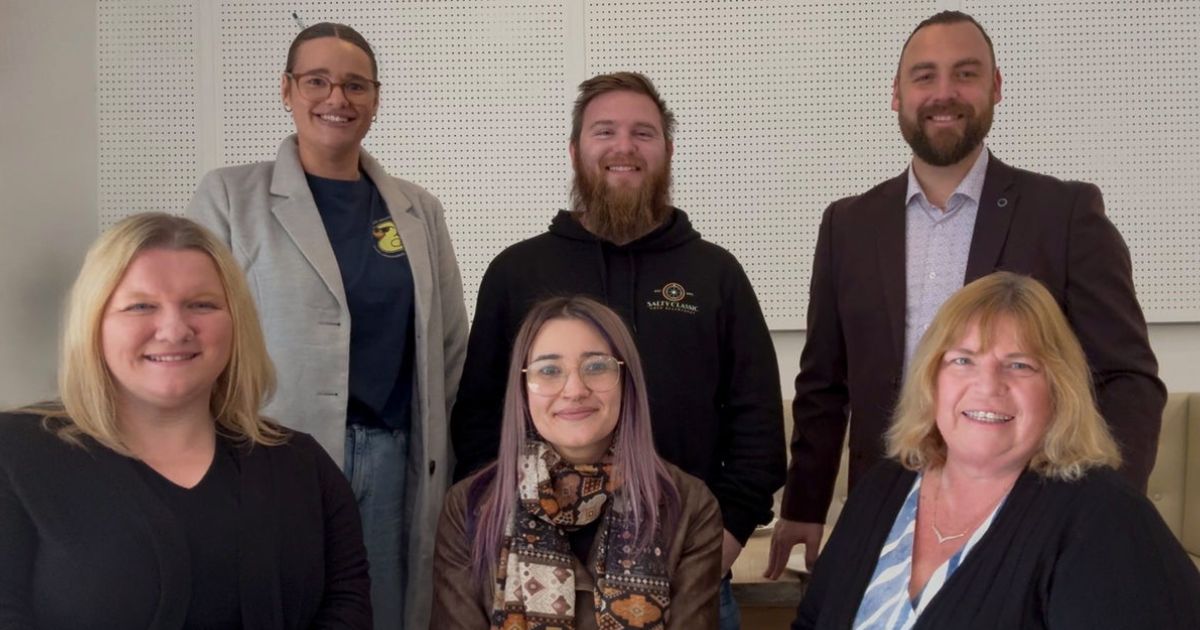State to keep pushing Waurn Ponds duplication
PIC: VLine
THE state government believes its business case for the Waurn Ponds rail duplication is good enough, despite a critical assessment by Infrastructure Australia (IA).
Earlier this year, Labor said that if it won November’s state election, it would commit its share of funding for the next stage of duplication works, and submitted a business case to IA for evaluation.
Stage 2 would duplicate 13 kilometres of track between South Geelong and Waurn Ponds, improve the station precinct at South Geelong and Marshall, duplicate bridges at Barwon River and Waurn Ponds Creek, and create grade separated crossings at Fyans Street and the Surf Coast Highway.
In its project evaluation summary, carried out on August 30, IA stated it had not included the stage 2 duplication on its Infrastructure Priority List, as “the proponent’s business case, as currently presented, shows that the costs of the project are likely to exceed the benefits” and cited a $212 million shortfall.
“The project would increase the frequency of services from Waurn Ponds to Geelong, and improve the passenger experience, but it will not enable new services between Melbourne and Geelong, limiting the benefits on the wider network.”
Speaking at Marshall station last week, Public Transport Minister Jacinta Allan said she was disappointed by the evaluation.
“Their view from Sydney is that they’ve failed to understand how these growing areas connect into Geelong – areas around Waurn Ponds, Marshall, Armstrong Creek. They’ve failed to understand how they are part of the Geelong city and community.
“We have a different view. It’s a good project, it’s an important project, it’s one that’s needed to support train services to get us those 10-minute peak frequency services to Waurn Ponds, and that’s why we will continue to push very strongly for this project.”
She said IA’s assessment did not rule out a federal government investment in the duplication, and federal Infrastructure Minister Michael McCormack had recently said as much.
“You look around rail projects, you look around regional Australia – there are projects that have been supported by federal governments that haven’t necessarily had the positive BCR endorsement from Infrastructure Australia.”


















